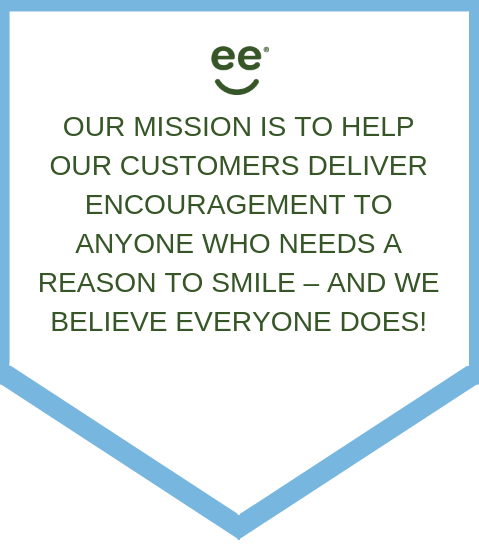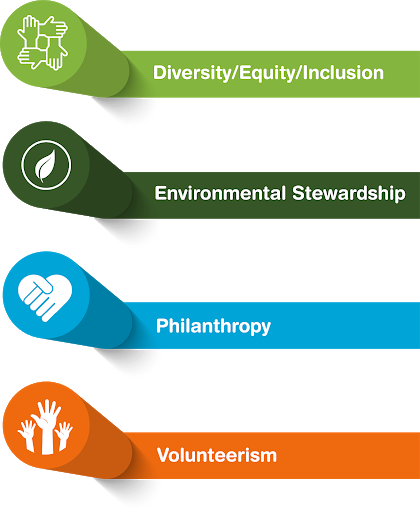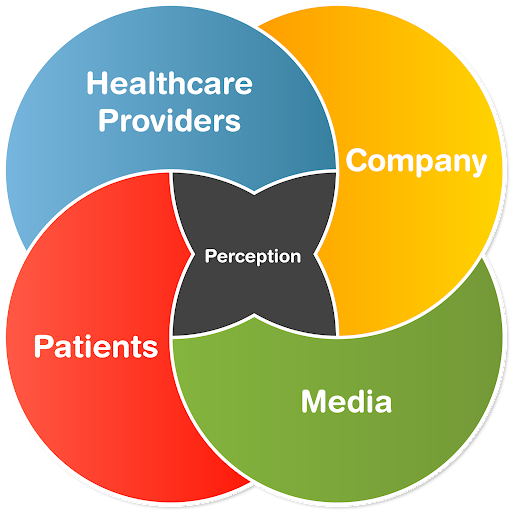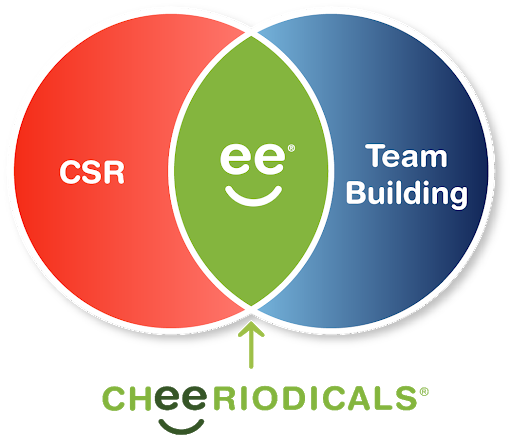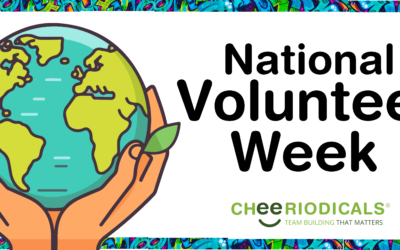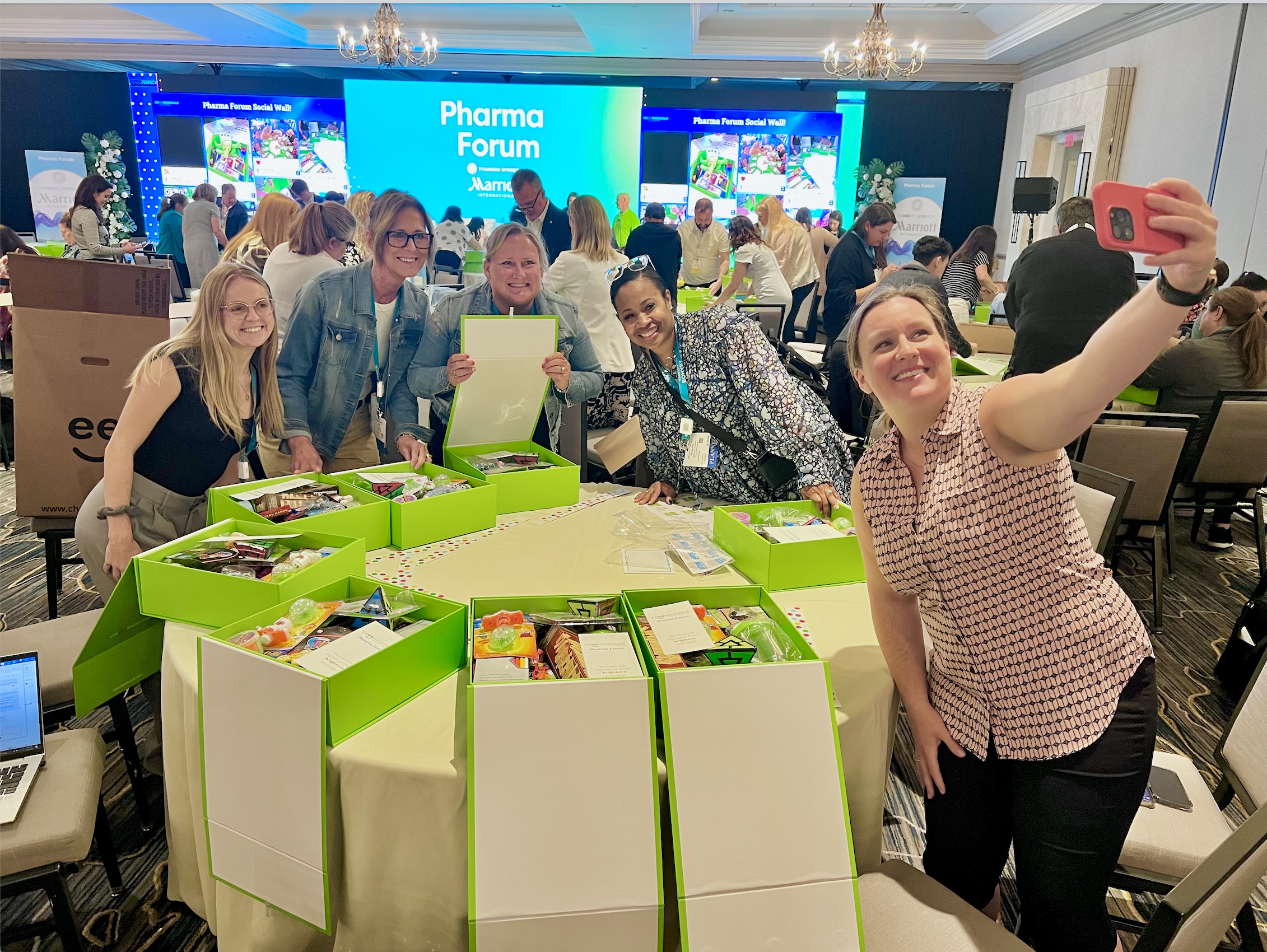Corporate Socially Responsible Team Building & Life Science Companies
Corporate Socially Responsible Team Building for Life Sciences Companies – Even during a Pandemic
There are numerous ways that people define Corporate Social Responsibility or CSR. It falls into that category of phrases that are too broad and often overused. But as a foundation for this blog, we’d like to use these 3 CSR concepts as working definitions.
- CSR is a system of self-regulation for a company to become and remain socially accountable to its customers, employees, peers, and community.
- Through CSR efforts, a company should be able to track its impact on the community (economically, environmentally, legally, culturally).
- Through CSR efforts, a company endeavors to improve its brand image and ultimately, profitability.
CSR is a corporation’s focused effort on accountability to customers, employees, peers, and the community. CSR has a well thought out game-plan with a group of specific areas where corporations focus their efforts. Throughout all review and execution of CSR components, companies measure and track effectiveness. I’ve underlined that measurement focus in each of these 3 CSR concepts. CSR must be measurable and it has to matter!
A thorough corporate CSR plan includes 4 key focus areas: DEI, Environmental Stewardship, Philanthropy, and Volunteerism. DEI has been important and headlining CSR discussion increasingly throughout recent years, especially during the pandemic; and environmental stewardship has been key in discussions globally for years as well. While both of these are critical to CSR planning, our focus in today’s blog will concentrate on two of the other pillars of CSR – Philanthropy, and Volunteerism.
As we are now one year into the pandemic, it’s relevant to review a few pandemic stats that highlight the fact that corporate activities with a CSR focus are needed now more than ever. As you would probably expect, 83% of nonprofits are reporting a decline in donations/revenues. More than 25% of charities were forced to close because of the pandemic. This makes sense – nonprofits aren’t able to have the usual fundraising galas, walk-a-thons, and in-person fundraisers. These same organizations are also reporting an increase in demand for assistance with less support staff. Salvation Army and YMCA are two of the largest with major donation deficits among the many. There were a few charities that actually increased their donations, like Feeding America, but those few were all focused on food or housing insecurity.
Volunteerism has been impacted even more than philanthropy in most cases as individuals/corporate teams aren’t able to volunteer their time for safety and lockdown considerations. Two-thirds of volunteers have decreased or stopped their volunteering efforts. Children’s hospitals, VA hospitals, and Ronald McDonald Houses, some of our core partners, have eliminated almost all volunteer positions. Other volunteers shifted their efforts to virtual outlets. For many of you, you’re wondering how a person can volunteer virtually – totally understandable. 58% of volunteers are unaware virtual volunteering exists and if they are aware of it, 64% are unable to find ways to virtually volunteer.
These pandemic stats provide us with numerous takeaways:
- While corporations may still contribute financially to charities and those in need, the pandemic has made it incredibly difficult to achieve pre-pandemic levels of volunteerism. Virtual volunteerism can help fill this void in corporate CSR plans, but there are few virtual options available that meet CSR goals and objectives.
- Corporations and their employees still want to donate financially and volunteer their time – that donation of money and time is built into their CSR plans and the desire to make an impact is even greater during the pandemic. Meeting planners, as a result, have a great opportunity now to execute team building activities that can help satisfy CSR objectives.
- Virtual volunteerism has emerged and will likely continue in the future – Zoom, Microsoft Teams, and other virtual platforms allow individuals to volunteer their time and make an impact, eliminate travel, and in many ways improves efficiency.
- Well-rounded CSR, even during a pandemic, still requires a focused effort on Philanthropy and Volunteerism. Two of the key measurables for CSR plans are total dollars donated and the total number of volunteer hours performed, so their measurement is always critical.
It’s always important for life sciences companies to consider how to best reach your philanthropy and volunteerism CSR goals given the many options. Given the scrutiny life sciences companies often receive, it is important to consider how your company is PERCEIVED by your constituents for what you do in your business operations. A question to ask yourself – “Does your team building just provide entertainment, or COULD your team building be a way to give back to your community, during and post the pandemic?” While there is nothing inherently wrong with fun-only events, the life science constituents are noticing what you spend your corporate dollars on and their perception does ultimately matter.
Speaking to that thought of perception and making a positive impact on your community, we designed Cheeriodicals team building to live at the intersection of CSR and Team Building. We simply call it – team building “that matters” and have since day one nearly 10 years ago. As companies like yours have to closely consider perception, our CSR team building focus has been a perfect fit for all of our life sciences clients.
The execution of successful CSR programs will continue to be a benchmark of how life sciences companies are perceived and judged. It’s never been more important for life sciences companies to utilize the heightened attention to the life-saving COVID-19 testing, treatment, and vaccination efforts many companies have created and offered. The momentum is in place for companies with these and other medical breakthroughs to reach new heights by strengthening their CSR efforts with measurable impact. The pandemic has shown that successful CSR plans must continue for life sciences companies, with focused financial donations and creative virtual team building efforts that impact those in need.
